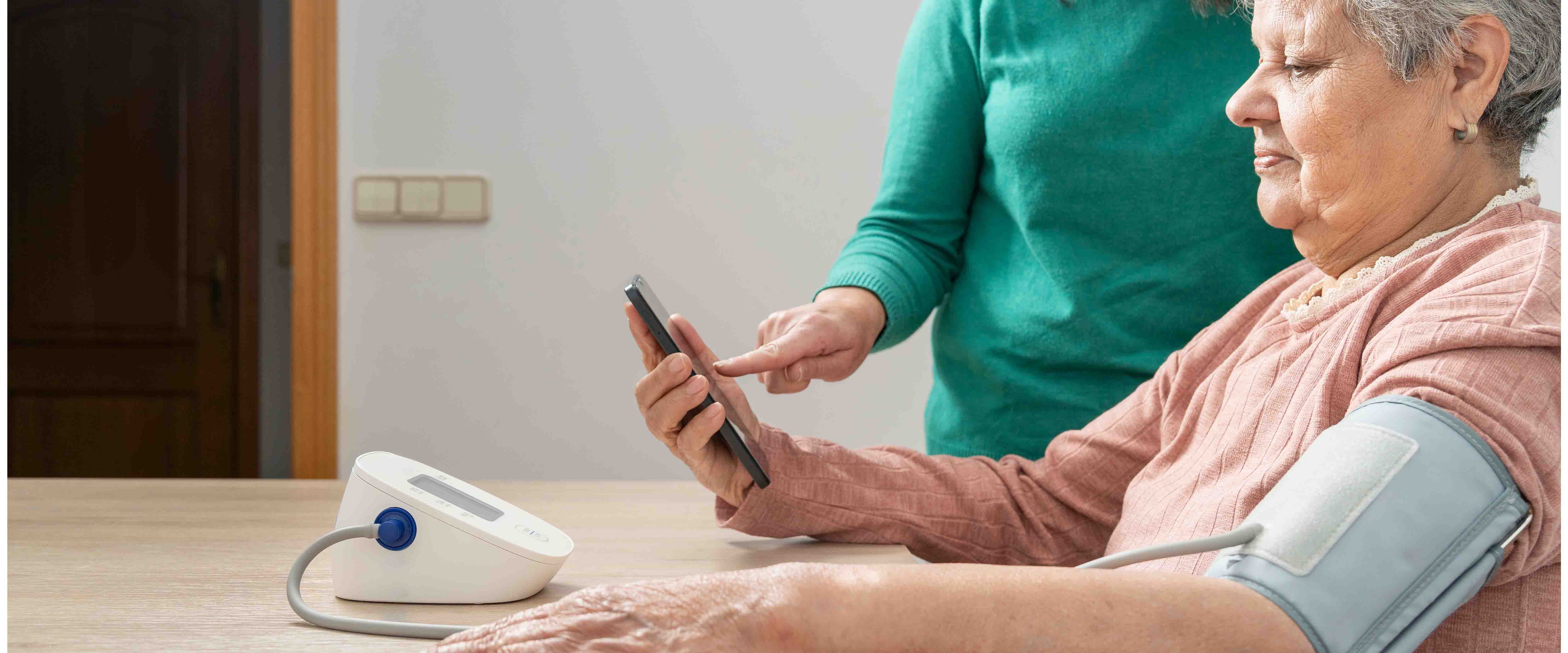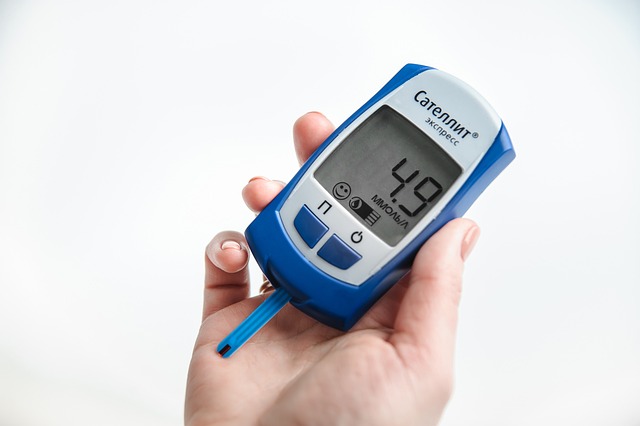What are the causes of diabetes and how you can prevent it
Diabetes is a condition in which your blood sugar is higher than normal. Prediabetes and type 2 diabetes stem from insulin resistance and the inability of your body to process carbohydrates properly. You can make healthy lifestyle choices to lower diabetes risk and improve blood sugar control if you have diabetes.
Diagnosing Diabetes
Diabetes is a condition with high blood sugar. You can find out whether you have diabetes or prediabetes with simple blood tests.
Your doctor can order these blood tests to test for prediabetes and diabetes. If your result comes back high, your doctor may order a repeat test to confirm the diagnosis. If you have diabetes, your doctor may ask you to test A1C a few times a year to monitor your condition.
Signs and Symptoms of Diabetes
You are unlikely to have any symptoms of prediabetes, and you may not notice any signs of diabetes for a while. Some people with prediabetes may develop acanthosis nigricans, or darkened, velvety patches on the skin of the armpits or neck.
Signs of diabetes can include:
- More frequent urination.
- Increased thirst.
- More hunger.
- Weight loss.
- Headaches.
- Blurry vision.
- Fatigue.
These signs result from too much sugar in your bloodstream or your body’s inability to use carbohydrates properly.
How Diabetes Affects Your Body
When you have prediabetes or type 2 diabetes, you have a condition called insulin resistance. That means that certain cells in your body are not as responsive to the actions of insulin as they once were, and the result is higher blood sugar.
This is how it works. When you eat foods containing carbohydrates (or sugars and starches), your body breaks down those carbohydrates into smaller compounds, or molecules, of a type of sugar called glucose. The glucose goes into your bloodstream and your pancreas release insulin. Fat, muscle, liver, and certain other cells in your body need glucose for fuel and for storing energy, and they require insulin to help them get the glucose into them from the bloodstream.
When you have insulin resistance, as in prediabetes or type 2 diabetes, the cells in your body are less responsive to the actions of insulin. This leads to some events.
- Certain cells in your body cannot take up and use glucose properly.
- The glucose remains in your blood.
- More glucose enters your bloodstream when you eat carbohydrates or when your liver releases glucose.
- The amount of sugar in your blood increases.
- Insulin resistance progresses and blood glucose levels continue to increase.
Complications of Diabetes
The extra sugar in your bloodstream when you have uncontrolled diabetes is what causes complications of diabetes. Molecules of glucose can attach to your blood vessels and lead to Your kidneys can be harmed due to excess glucose molecules attaching or due to an increased strain because of the excess demands placed in order to filter the sugary blood.
Having diabetes increases your risk for certain complications and other conditions.
- Hypertension
- Cataracts
- Blurry vision and blindness
- High cholesterol and heart disease
- Peripheral neuropathy and numbness in the hands or feet
- Kidney disease
What Causes Diabetes?
Diabetes is the result of not enough insulin compared to the amount of sugar in your blood. In type 1 diabetes, your pancreas no longer produce insulin. This condition is genetic and is not considered preventable. In prediabetes and most cases of type 2 diabetes, you produce insulin, but the cells in your body are resistant to its effects.
Your lifestyle largely determines insulin resistance and diabetes risk. The following lifestyle factors increase risk.
- Being overweight or obese, or gaining weight unintentionally.
- Being physically inactive and/or sedentary for long periods of time.
- Drinking more sugar-sweetened beverages or eating more foods with added sugars and refined starches.
- Eating fewer vegetables, whole grains, healthy fats such as nuts, and fruit.
There are some causes of diabetes that you cannot control. For example, your risk increases:
- As you age.
- If you have family members with diabetes.
- If you had gestational diabetes during pregnancy.
- If you are of certain ethnicities, such as African American, Mexican American, or Native American.
Diabetes Management
Managing diabetes can help keep blood glucose in target ranges and lower the risk for complications. There is a lot you can do to self-manage diabetes, and Lark Diabetes Care can help.
Weight control: If you are overweight, losing weight can lower risk for prediabetes, lower risk for diabetes if you have prediabetes, and lower blood glucose if you have diabetes.
Physical activity: Activity increases insulin sensitivity and helps lower blood sugar. As long as your doctor approves, aim to work up to at least 150 minutes per day of physical activity.
Healthy eating: You can control your diabetes better when the foundation of your diet is nutritious foods such as lean proteins, non-starchy vegetables, healthy fats, and high-fiber carbohydrates. Choose nutritious carbs rather than sugary foods or refined starches, and keep portions in control.
Medication adherence: Taking your medications as prescribed by your doctor is imperative in controlling blood sugar. Check to be sure you understand the dose, when to take your medicine, and how to administer it.
Monitoring blood glucose: Your doctor may ask you to monitor your blood sugar levels one or more times a day. Your doctor can tell you w
hat your individual goals are, but these are some general guidelines.
Preventing Diabetes
You can dramatically lower your risk for diabetes with some healthy lifestyle changes. These include losing extra weight – even a few pounds helps – increasing physical activity, and choosing more nutritious foods. Choices such as getting adequate sleep and managing stress can also lower risk.
Lark Diabetes Prevention Program (DPP) uses proven strategies for lowering diabetes risk if you have prediabetes. Lark DPP can help you lose weight, increase physical activity, and eat healthier. If you already have diabetes, Lark Diabetes Care can help you manage it. Your Lark coach is available 24/7, and you can count on compassionate and caring coaching through your smartphone you need it.



.jpg)








.webp)








